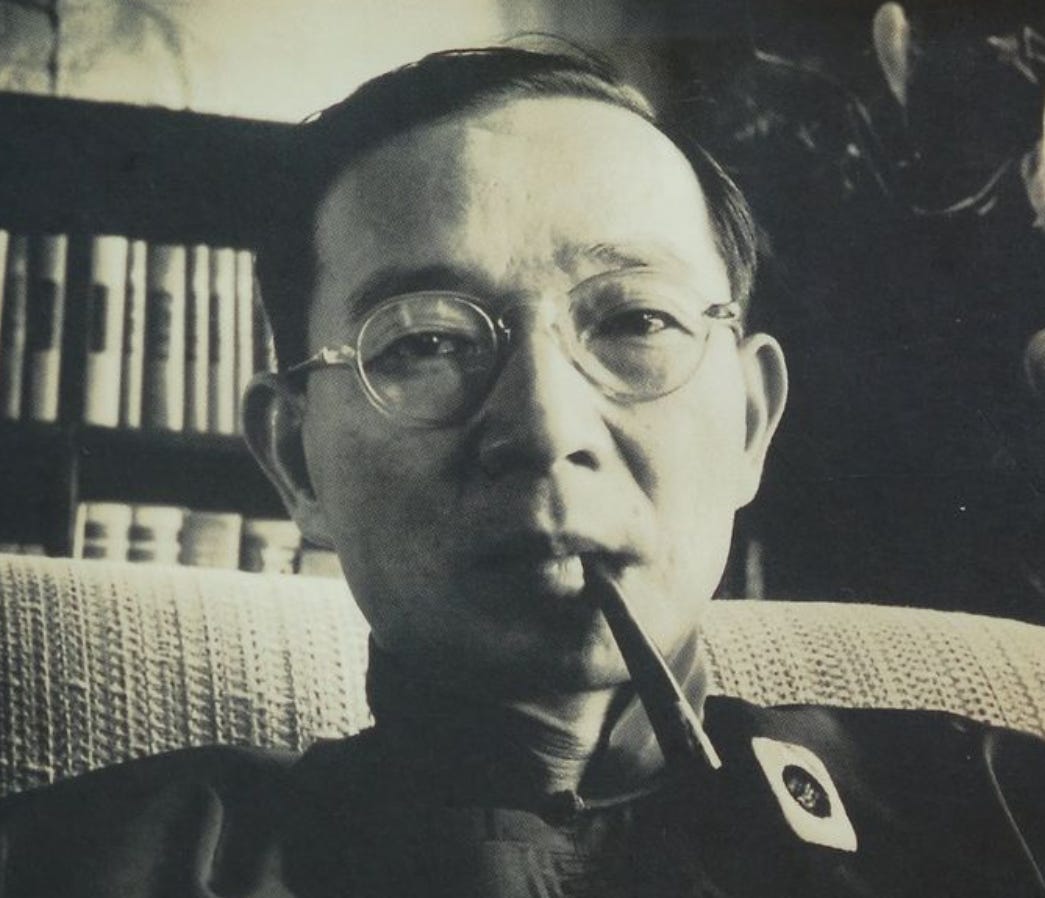"The wisdom of life consists in the elimination of non-essentials"
Lin Yutang
Lin Yutang, born on October 10, 1895, was a Chinese writer, translator, and philosopher who bridged Eastern and Western thought with his insightful works. His quote, "The wisdom of life consists in the elimination of non-essentials," succinctly captures a core principle of his philosophy: the pursuit of simplicity and clarity in life.
This quote reflects Lin Yutang's belief in the importance of focusing on what truly matters. In a world often cluttered with distractions, excess, and superficial concerns, he advocates for a life centered around essential values and priorities. The "elimination of non-essentials" refers to the conscious decision to remove those things—whether material possessions, unnecessary commitments, or trivial worries—that do not contribute to our well-being or the fulfillment of our deeper goals.
Lin Yutang was deeply influenced by both Chinese Taoist and Confucian traditions, which emphasize harmony, simplicity, and the pursuit of wisdom. In Taoism, for example, there is a strong emphasis on living in accordance with nature, embracing simplicity, and letting go of desires that complicate life. Lin Yutang brings these ideas into his own philosophy, advocating for a life that is free from unnecessary complexity.
This quote also speaks to the modern minimalist movement, which encourages individuals to declutter their lives—both physically and mentally—in order to create space for what is truly important. In this sense, Lin Yutang’s wisdom is timeless, resonating with contemporary ideas about the benefits of living with less and focusing on what brings true joy and meaning.
Moreover, this philosophy is not just about material minimalism but also about mental and emotional clarity. By eliminating non-essential thoughts, worries, and distractions, one can achieve a state of peace and focus, enabling a deeper understanding of oneself and the world.
Lin Yutang’s quote invites us to consider what is truly necessary in our lives and challenges us to remove the excess. This process of simplification is not merely about cutting things out but about refining our lives so that we can live more fully and authentically. His wisdom encourages us to pursue a life of depth, where the essential is honored, and the superfluous is left behind, leading to greater contentment and inner peace.


